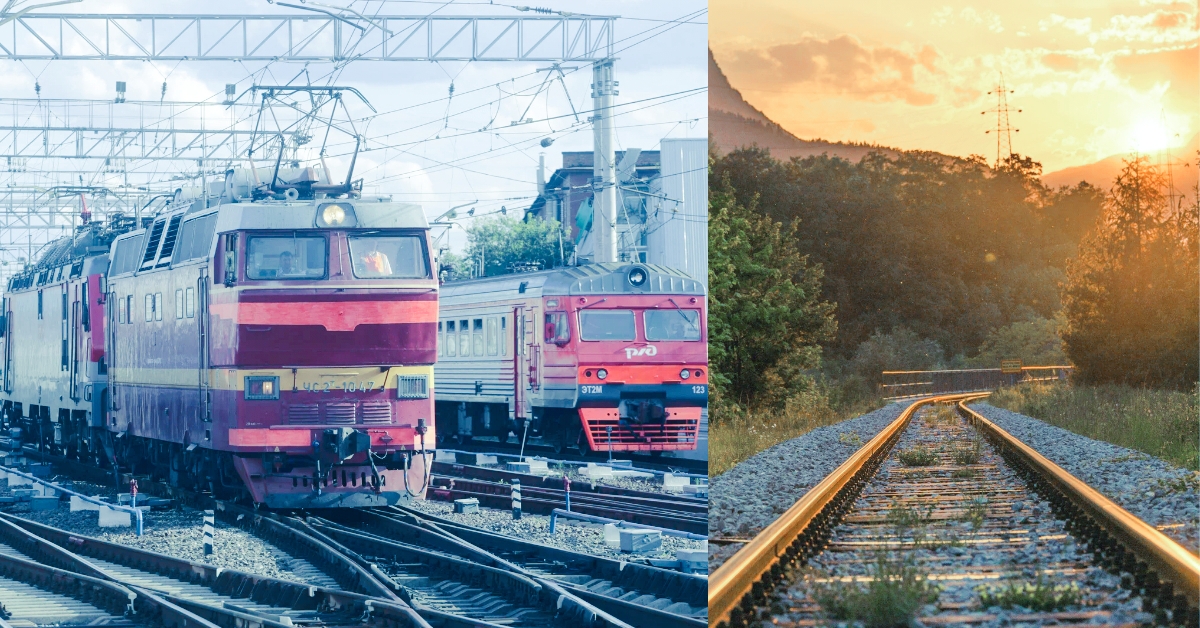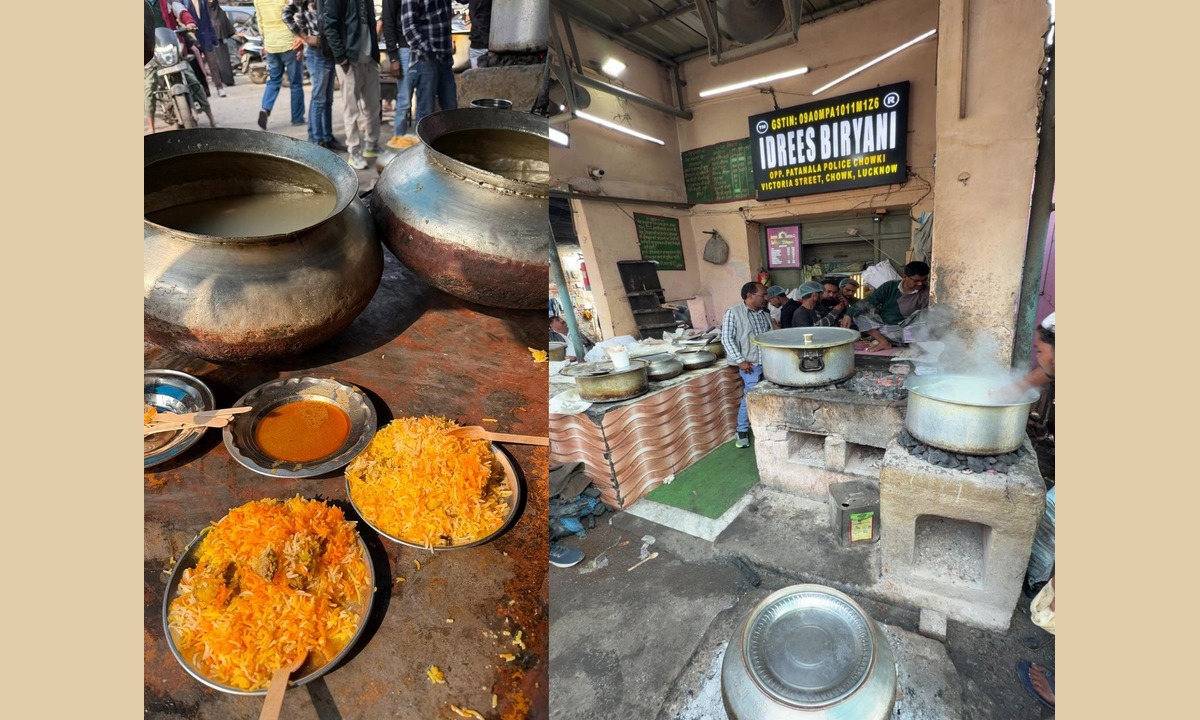
Kavach Train Protection System plays a pivotal role towards enhancing the safety and efficiency of train operations across the nation. Developed indigenously by the Research Designs & Standards Organisation (RDSO), Kavach stands as a beacon of technological prowess and innovation in the realm of automatic train protection (ATP) systems.
It was initially conceptualized in 2012 under the name Train Collision Avoidance System (TCAS). Over the years, meticulous research and development efforts culminated in its completion in 2022. One of its standout achievements is its certification for compliance with safety integrity level 4 (SIL-4), attesting to its robustness and reliability in ensuring passenger and crew safety.
Unlike its international counterparts, Kavach boasts the distinction of being the most cost-effective ATP system globally. The estimated operational cost is approximately 50 lakh rupees per kilometre, significantly lower than the global average of around two crore rupees.
At its core, Kavach operates through a sophisticated interplay of trackside infrastructure, onboard locomotive systems, and radio communication networks. Key components include RFID tags strategically placed between the rails, onboard RFID readers, advanced computing interfaces, and UHF and GSM radio links. This infrastructure facilitates real-time exchange of critical data such as train location, speed, and direction, ensuring precise monitoring and control of train movements.
The system's communication architecture utilizes radio frequencies to relay essential information between trains and trackside infrastructure, seamlessly integrating with existing signalling mechanisms and railway operations. This distributed approach allows for modular deployment, enabling phased implementation across different regions without necessitating a centralized overhaul.
One of Kavach's defining features is its proactive approach to safety. Equipped with capabilities akin to the European Train Control System (ETCS) and the Indian Anti-collision Device, Kavach can preemptively alert train operators to potential hazards such as signal violations or impending collisions. In scenarios where a train breaches a stop signal (SPAD), Kavach automatically triggers alarms and applies brakes, mitigating risks of collisions even in adverse weather conditions or challenging terrains.
Moreover, Kavach is designed not only to ensure passenger safety but also to optimize operational efficiencies. By interfacing with traffic management systems and electronic interlockings, the system enhances the overall reliability and punctuality of train services. This integration is poised to play a pivotal role in realizing the ambitious 'Mission Raftar' project, aimed at augmenting train speeds and network capacity along major routes like the New Delhi–Mumbai and Howrah–Delhi corridors.
The rollout of Kavach is already underway, with plans for extensive implementation across key railway zones and routes.
Looking ahead, the system's scope is set to expand exponentially, encompassing over 3,000 kilometres of track, including critical sections of the Golden Quadrilateral route by 2027-2028.
Furthermore, ongoing advancements in technology are poised to enhance Kavach's capabilities further. Efforts are underway to incorporate even higher data transmission speeds and operational efficiencies.
The implementation of Kavach is expected to drastically reduce the incidence of accidents and improve overall operational reliability, fostering a safer and more efficient travel experience for millions of passengers daily.
Popular Categories
Read More Articles
Travel and Tourism
Travel to Thailand gets costlier: International passenger service fee to jump 53% from June by Awadh 360° Desk February 22, 2026Travel and Tourism
Thailand Extends Visa-Free Stay for Indians to 60 Days, Allows 30-Day Extension by Awadh 360° Desk February 19, 2026Travel and Tourism
Lucknow or Zaike: A City Remembered Through Taste by Mohammed Syed Zaid February 11, 2026Business
What's Up With WhatsApp? by Prateek Shukla February 9, 2026



